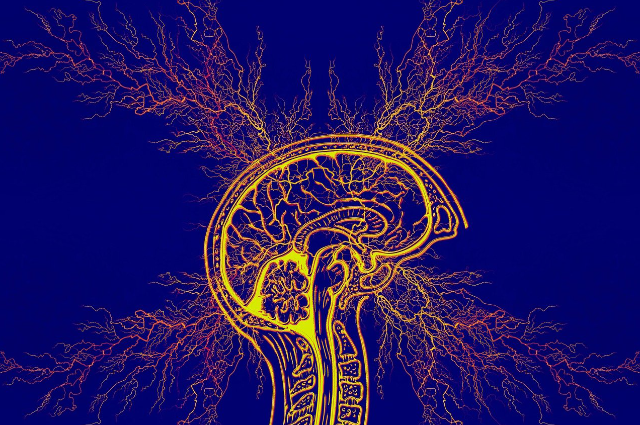
Image by Gerd Altmann from Pixabay
World Epilepsy Day, observed on the second Monday of February each year, serves as a global platform to raise awareness about epilepsy, dispel myths surrounding the condition, and advocate for better understanding and support for those affected. Epilepsy, a neurological disorder characterized by recurrent seizures, impacts millions of individuals worldwide.
Understanding Epilepsy
Epileptic seizures occur due to abnormal electrical activity in the brain, leading to various manifestations ranging from momentary lapses of consciousness to violent convulsions. While the exact cause of epilepsy can be diverse, including genetic factors, brain injuries, infections, or developmental disorders, the underlying theme is an imbalance in brain signaling.
Myths and Stigma
Despite medical advances, epilepsy remains shrouded in misconceptions and stigma. Many believe epilepsy is solely characterized by convulsions, overlooking the diverse ways seizures can manifest. This lack of awareness often leads to discrimination and social isolation for individuals with epilepsy.
The Global Burden
Epilepsy is a significant global health concern, affecting people of all ages. According to the World Health Organization, around 50 million individuals worldwide have epilepsy, making it one of the most common neurological disorders. The burden extends beyond the individual, impacting families, communities, and economies.
Treatment and Management
Fortunately, epilepsy can often be effectively managed with medication, surgery, or other interventions. However, access to proper diagnosis and treatment is not uniform globally, exacerbating health disparities. World Epilepsy Day emphasizes the importance of equitable healthcare and encourages efforts to make treatment more accessible.
Epilepsy in Children
Children with epilepsy face unique challenges, from managing their condition at school to fostering understanding among peers. This section delves into the importance of creating a supportive environment for children with epilepsy and promoting awareness within educational institutions.
Advocacy and Awareness
Advocacy plays a crucial role in challenging the stereotypes associated with epilepsy. Organizations and individuals worldwide use World Epilepsy Day to engage in educational activities, dispel myths, and promote inclusivity. The goal is to create a supportive environment that empowers those with epilepsy to lead fulfilling lives.
Advances in Research
Ongoing research continues to deepen our understanding of epilepsy and improve treatment options. Scientists explore genetic factors, innovative medications, and cutting-edge therapies to enhance the quality of life for those living with epilepsy.
Global Collaboration
World Epilepsy Day fosters international collaboration among healthcare professionals, researchers, and advocacy groups. This collaborative effort aims to share knowledge, resources, and best practices to enhance epilepsy care and support networks globally.
Conclusion
World Epilepsy Day serves as a pivotal moment to reflect on the progress made in understanding and treating epilepsy while acknowledging the challenges that persist. By fostering awareness, dispelling myths, and advocating for improved healthcare access, the global community can contribute to a brighter future for individuals affected by epilepsy.
